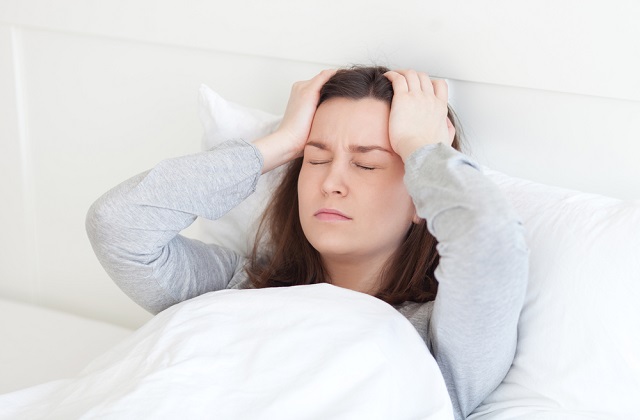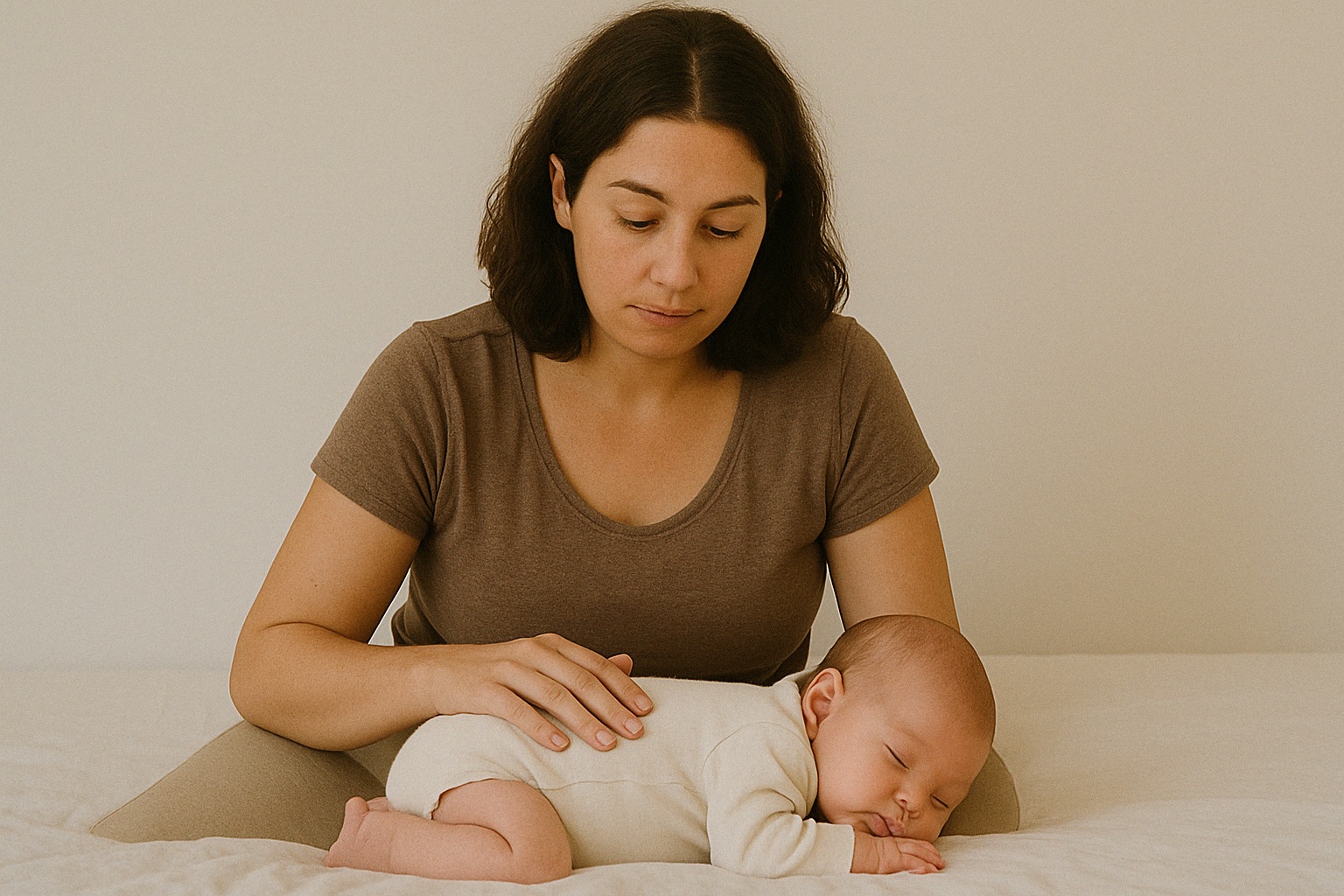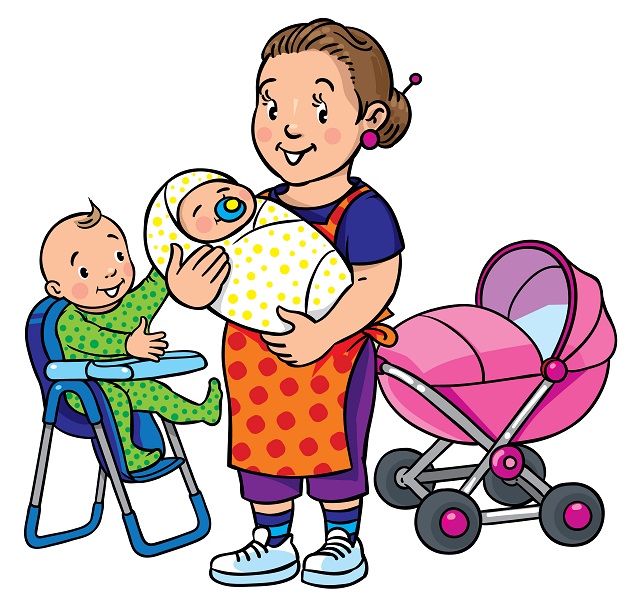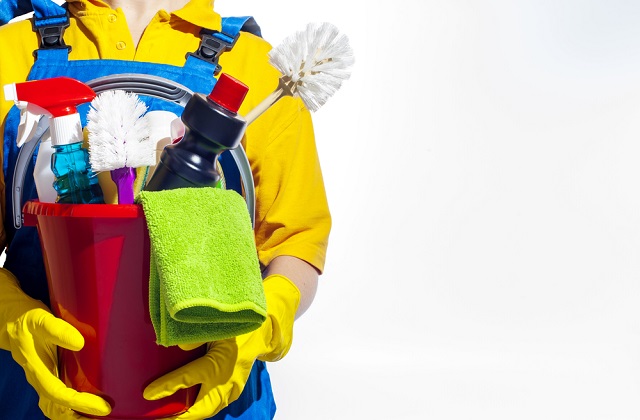Postnatal Depression
1. Introduction to postnatal depression
For some new mothers, the arrival of a new baby may not be as excited as many others have thought. Doubts about the ability to be a good mother, change of lifestyle due to the baby have caused many mothers to develop depression. According to KK Women’s and Children’s Hospital, depression affects about 10-15 % of women after childbirth.
2. Symptoms of depression after pregnancy
Symptoms of postpartum depression include the following:
- Thoughts of harming the new baby
- Thought of harming yourself
- Very difficult for you to perform daily tasks
- New mothers show rapid mood swing
- New mothers cry a lot
- Withdrawing from friends or family
- Feeling guilty or worthless
3.Who is most likely to be affected by postnatal depression?
The following groups of people are most likely to be affected by the postpartum depression
- Mother that has a personal history of depression.
- Mothers that come from a family that has a history of postpartum depression.
- Mothers who lack support from partner and family members.
- Young mothers.
- Mother who has a marriage problem.
- Mother who has a financial problem.
4. Causes of postnatal depression
Hormonal change may be one of the most important causes of the postpartum depression. During pregnancy, levels of female hormones such as estrogen and progesterone will increase rapidly. Levels of these hormones then drop rapidly to the normal level about 24 hours after the delivery of the baby. Research has shown that such rapid drop in hormonal level may trigger the depression in new mothers.
Other causes of depression after pregnancy include the following:
1. Tiredness after delivery
2. Lack of sleep or broken sleep pattern due to the arrival of the baby
3. Overwhelmed with meeting the needs of the new baby
4. Doubts about ability to be a good mother
5.Stress from change in work and daily routine
5. When to call doctor for help For postnatal depression
In the following situations, the affected mother should seek doctors or psychologists' help as soon as possible:
1. The affected mother experiences the abovementioned symptoms for more than 2 weeks.
2. Symptoms become more and more intense and affect new mother's ability to meet the needs of the baby.
6. Differentiate postpartum depression from baby blue
The depression here we are talking about is not baby blue which usually lasts for a few days to two weeks. Most women will experience baby blue due to the stress of arrival of a new baby, only a few percentage of women will experience the true postpartum depression that is more severe and lasts longer.
7. How to prevent postpartum depression after pregnancy
There are many things you and your family members can do to prevent postnatal depression
First and foremost, you should prepare yourself for the arrival of the body physically and psychologically. You may want to participate in some parenting workshops or talks to learn breastfeeding skill, how to change a diaper for baby, how to bath the baby, how to hold the baby properly as well as many other skills that are required to take good care of the newborn.
You should also mentally prepared that you may need to wake up one or two times at night to feed the baby.
Second, you may want to secure the help from your mother, mother-in-law, aunties, or friends before your delivery. Old ladies may have a lot of old practices that you may not like. But they are of great help whenever you have doubts. Furthermore, they will be very happy in taking good care of their grandson or grandson-in-law.
If your relatives are not able to help you due to various reasons, you may want to engage the service of a confinement lady. Confinement lady may charge a very high fee, but they will be of great help during your confinement. Do get to know what they will do during your confinement in order to know what you can expect from them. You can post on our parenting forum to look for a confinement lady.
You may also consider getting a maid that is experienced in handling newborn to help you. A maid can be very helpful, especially if you need someone to look after your baby after your maternal leave. You can click here to search a choice maid.
Furthermore, rest as much as you can, you should get some sleep whenever the baby is sleeping. Having enough sleep can help to prevent postpartum depression. Do not need to feel bad when your mother or mother-in-law helps you to do the chore while you are sleeping.
Lastly, do not try to do too much or try to be perfect. This can help to prevent unnecessary stress from building up.
8. Treatment of Postnatal Depression
If you or your partner develops depression after childbirth, you or your partner should seek doctor or psychologist's help as soon as possible.
Treatment may involve a conversation with the psychologist or social worker and may or may not need medicine. Do let your doctor or psychologist knows whether you are breastfeeding if the medicine is needed.
It takes a village to raise a child !
Join our WhatsApp Parenting Chat Groups By Area in Singapore.








